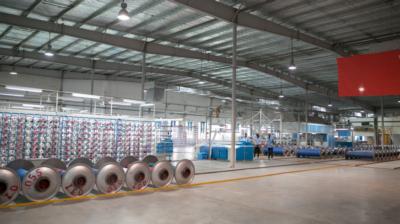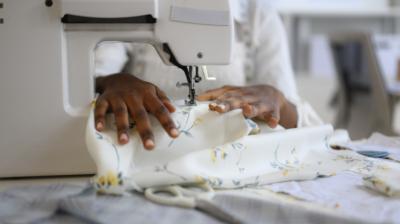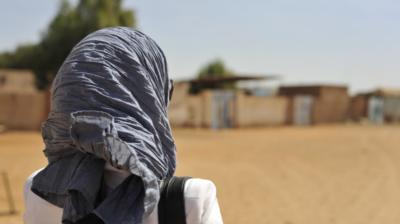Why factory jobs for Ethiopian women haven’t translated into greater participation in politics
Until the war in Tigray started in November 2020, Ethiopia was a favoured investment destination. It had experienced strong economic growth for the previous decade.
The country gave foreign investors preferential access to American and European markets, favourable customs and tax policies, and relative political stability. Labour costs were also low – around half of what they were in China.
The Ethiopian government had invested US$1 billion annually in industrial parks since 2010 – almost one-third of its total net foreign aid.
Investors from across the world, including China, India, the US and South Korea, started industrial production in these parks, creating job opportunities for thousands of citizens.
And most of them were women who entered the labour force as never before. Before the COVID-19 crisis in 2020, firms in the new industrial parks in Ethiopia employed about 86,000 workers – around 80% of them women. They were hired for light manufacturing, making products like shoes, textiles and garments. Employers saw women as diligent and disciplined.
The entry of women into Ethiopia’s work force provided a rare opportunity to study the impact of jobs on women’s empowerment, especially participation in politics.
A study I conducted with colleagues yielded unexpected results that have implications for the understanding of political agency in a non-democratic and developing context.
![Women in Transition: Female Employment and Political Empowerment during Ethiopia's Reform Process ]](https://www.cmi.no/img/150/15309-good-governance-in-action.jpg)

![Women in Transition: Female Employment and Political Empowerment during Ethiopia's Reform Process ]](http://www.cmi.no/img/150/15309-good-governance-in-action.jpg)





